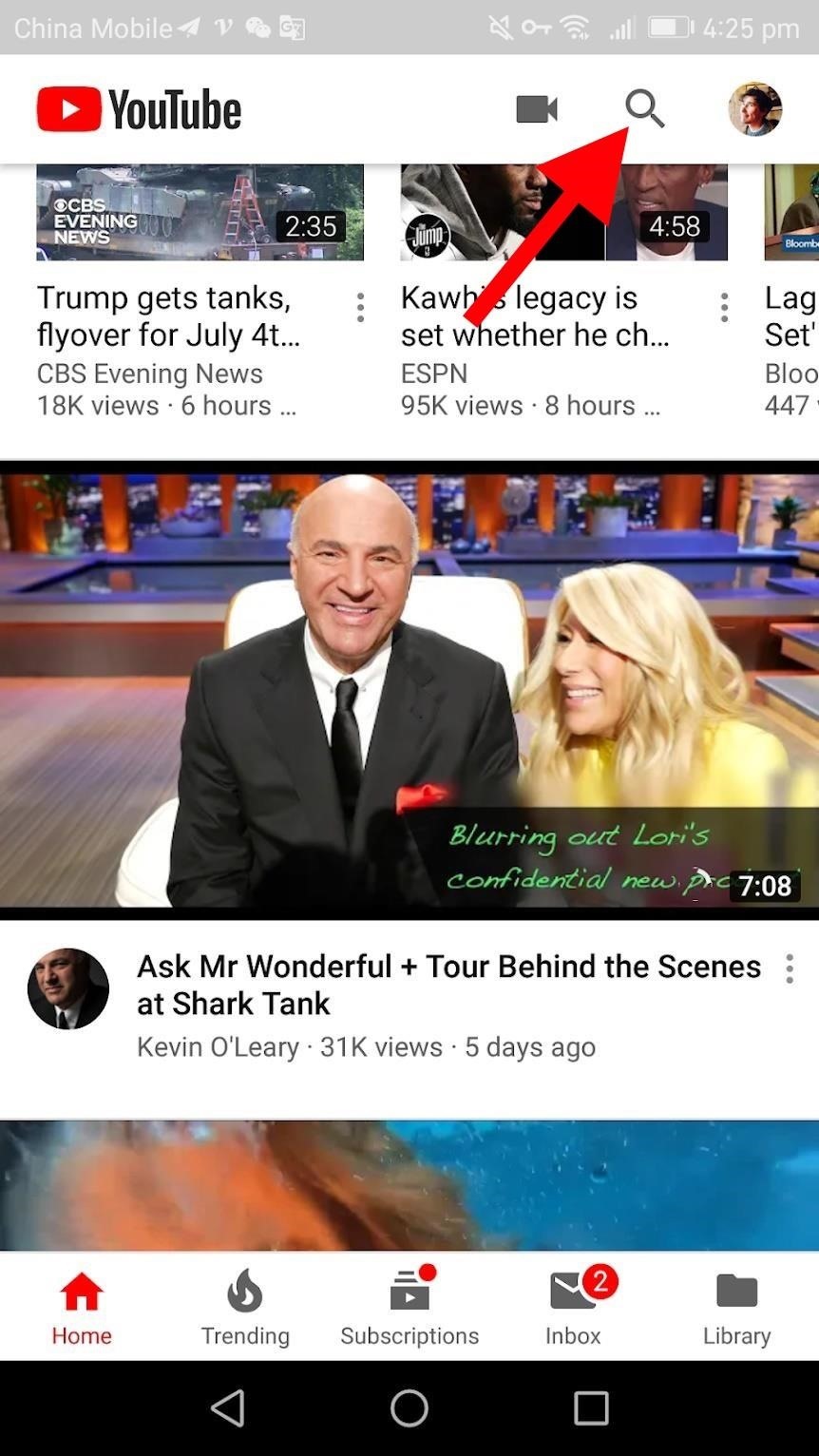Write once, sue many
This juicy corporate tale has all the dramatic elements you could want for the perfect weekend read
I GOT A CALL from an old friend the other day, and in the course of catching up he asked whether I’d been doing any reading for pleasure. I had to laugh — between weblogs and Beatle biographies, I barely have time to finish the paper anymore.
But this weekend I did have time to wend my way through new editions of some favorite novels: Allchin in Wonderland and The World According to Scott. Both manuscripts are written in the style of legal documents, the former purporting to be an all-day deposition and the latter adopting the conceit of a private lawsuit filing. These odd forms work, and don’t prevent the laughs from coming fast, furious, and often.
Allchin is the more robust. The title character brings the usual blend of Bogie and Bacharach to the story, a delightful traipse down the rabbit hole of monopolistic innovation. In the new book, James Edward Allchin has become group vice-president of Microsoft’s platform group, in charge of Windows, .Net, .Net enterprise servers, and new media platforms.
In an earlier story, TV or Not TV, Allchin was trapped into a damaging admission by arch nemesis David Boies regarding inconsistencies in a videotaped demonstration. As with Nixon, recordings of video and e-mail caused Allchin and his boss, world’s richest man Bill Gates, no end of complications.
But in the new book, Allchin has learned his lesson. “I probably matured quite a bit,” he gamely admits. “Are you more careful about what you write [in e-mails] in view of your experience in the litigation?” asks government lawyer Stephen Houck. “Well, to be clear, I think … over time we all get a little wiser,” Allchin acknowledged ruefully. “And I think the first time I saw stuff written, I said, hmm, that doesn’t — doesn’t reflect well.”
But this isn’t a book about appearances. It’s about lawyers, lawyers, and more lawyers. It turns out that Jim and Bill and Bill’s boss Steve Ballmer never discuss anything without a lawyer present. It’s a clever plot device, keeping the suspense bubbling by redacting confidential information and requiring government attorneys to acknowledge the privilege of attorney/client communications.
This doesn’t preclude some hilarious passages where Allchin tears into the dissenting states’ proposals for modifying the proposed settlement of the antitrust suit that launched this endless taxpayer subsidy. One section suggests forbidding the binding of any Microsoft middleware products, defined as “Internet browsers, e-mail client software, media creation.”
“Media here is, of course, undefined so we’re not going to be able to create any media,” begins Allchin’s soliloquy. “So we can’t have a floppy disk drive. We can’t create any media. Delivery or play-back software. Okay. Don’t say anything about music or anything else here. So who knows what this means?”
Now Jim’s on a roll. “We basically can’t have anything that’s delivery. Not exactly sure what that means. And play back. Instant messaging software, voice recognition software, digital imaging software. This means that we can’t show anything on the screen. That means there’s no user interface.”
This is great stuff. None of this depends on what the meaning of is is. But some of it comes close, like this Q &A between Houck and Allchin:
Q: If you don’t know just say that.
A: I don’t know.
Q: I don’t want you to speculate.
A: Good. I can say I don’t know to a lot.
One thing Allchin does know is how he feels about open sourcing Internet Explorer. “Well, not to be overly dramatic, but it seems like theft. I mean, we lose all this technology. … I don’t know how many millions actually have been invested here, but we have to provide all of it. We’d have no incentive to innovate in this.”
As with any good read, there’s a juicy cliffhanger lurking in Allchin when Microsoft lawyer Steven Holley turns the tables on Houck:
Mr. Holley: Mr. Houck, it just occurs to me to ask another question. Does your law firm represent any competitor to the Microsoft Corporation? And have you taken steps to ensure that that is not true?
Mr. Houck: You know, if you want to write me a letter …
Mr. Holley: No, no, no.
Mr. Houck: … we’re not going to take up time in this deposition.
Mr. Holley: We are now in a deposition where you are learning confidential information about my client, and I find your presence here bizarre, frankly, and I want to know what steps you have taken to ensure that my client’s interests are not being compromised.
Mr. Houck: I am bound by the confidentiality order.
Mr. Holley: That doesn’t matter if you are vicariously disqualified from appearing here today. Do you represent Oracle or Sun or IBM or any other Microsoft competitor?
Mr. Houck: Not to my knowledge.
Mr. Holley: Do you know? Do you know?
Mr. Houck: Not to my knowledge, Mr. Holley.
Mr. Holley: Well, you better find out.
Mr. Houck: Let me apologize on your counsel’s behalf for the interruption. Let’s get back to the deposition.
Mr. Holley: I want to know by the next break that you have run a conflict check through your firm’s computer to find out whether you have a conflict with the Microsoft Corporation. Can you do that for me?
Mr. Houck: No. I’m not going to do it.
Mr. Holley: Well, then, you’ll take the risk of proceeding.
Mr. Houck: That’s right. Why don’t we take a break because I’ve lost my train of thought.
Next week: The World According to Scott.



